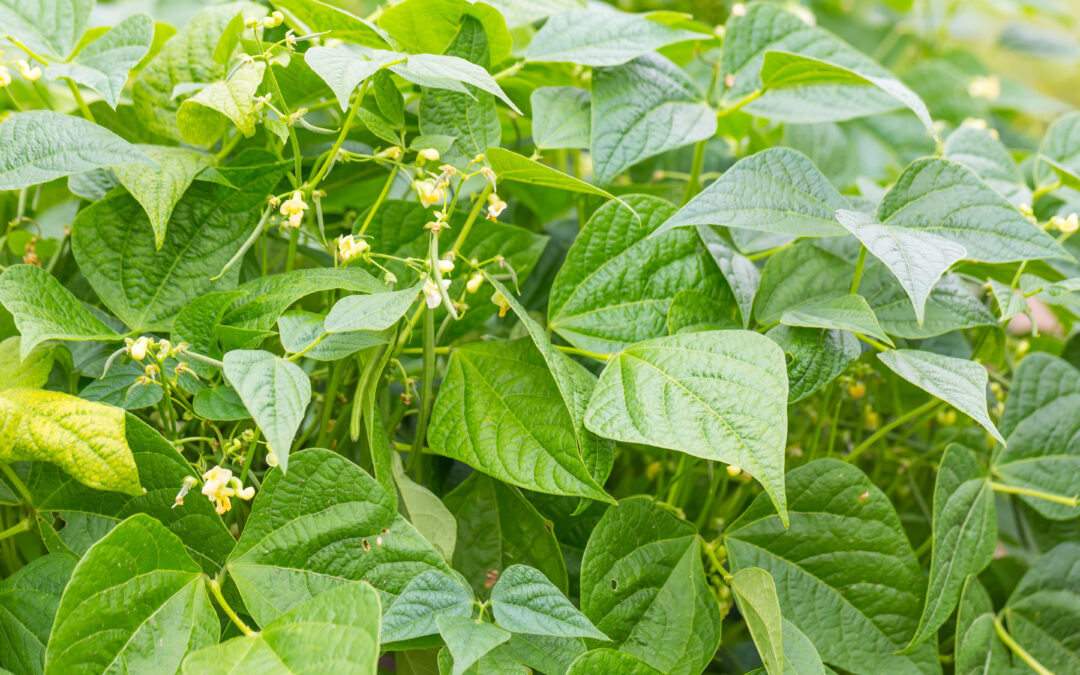Welcome to the world of organic gardening! Whether you’re a beginner or an experienced gardener looking to switch to natural methods, this guide will provide everything you need to know to get started with your own organic garden.
Organic gardening is a method of growing plants without using synthetic fertilizers and pesticides. Instead, it relies on natural techniques such as composting, crop rotation, and companion planting to keep plants healthy and free from pests. By choosing organic gardening, you not only reduce your environmental impact but also enjoy fresh produce that is free from chemicals.
Benefits of Going Organic:
1. Better Taste – Organically grown fruits and vegetables are often sweeter and more flavorful than conventionally grown ones because they are nourished by natural soil nutrients instead of artificial fertilizers.
Thank you for reading this post, don't forget to subscribe!
2. More Nutritious – Studies have shown that organic food contains higher levels of vitamins, minerals, and antioxidants compared to conventional crops due to their better access to sunlight and soil nutrients.
3. Safer for You and Your Family – Organic farming eliminates the use of harmful pesticides and herbicides that can cause adverse effects on human health and wildlife populations.
Choosing the Right Plants and Seeds:
When selecting plants and seeds for your organic garden, consider choosing heirloom varieties which are open-pollinated and naturally adapted to your region. These types of plants are less prone to disease and require fewer inputs like water and fertilizer. Additionally, choose non-GMO seeds if possible to avoid genetically modified organisms (GMOs) in your garden.
Preparing Your Soil for Planting:
The key to successful organic gardening lies in having healthy soil. Start by removing any weeds or debris from your garden bed before adding a layer of compost or other organic matter to enrich the soil. You can also add mulch to help retain moisture and suppress weed growth.
How to Compost: A Beginner’s Guide:
Composting is one of the most important aspects of organic gardening since it provides a way to recycle yard waste and kitchen scraps into rich soil amendment. To start composting, gather brown materials like leaves and shredded paper along with green materials like grass clippings and fruit peels. Mix them together with some dirt and water to create a pile that is at least three feet wide and tall. Keep the pile moist but not too wet, and turn it regularly to aerate the material and encourage decomposition.

Natural Pest Control Methods:
Instead of reaching for harsh chemicals when faced with pests, try these natural remedies first:
1. Neem Oil – This oil extracted from the neem tree has been found to be effective against many common garden pests including mites, whiteflies, and scales.
2. Ladybugs – These tiny insects love to feast on aphids, mealybugs, and spider mites making them great natural predators for your garden.
3. Garlic Spray – Make a garlic spray by blending several cloves of garlic with water and dish soap. The strong scent repels many different types of pests.
Watering and Fertilizing Your Garden:
In organic gardening, it’s essential to conserve water and minimize runoff. Use a drip irrigation system or hand-water your plants early in the morning to avoid evaporation. As for fertilization, use compost tea or fish emulsion to feed your plants naturally.
Harvesting Your Crops:
Once your plants begin producing fruit or veggies, make sure to pick them at peak ripeness to ensure maximum taste and nutrition. It’s best to harvest early in the day when temperatures are cooler and humidity is lower.
Troubleshooting Common Problems:
Even with the best intentions, problems may arise in your organic garden. Here are some tips for dealing with common issues:
1. Dealing with Weeds – Remove weeds manually or use a hoe to chop off their heads. You can also cover the ground with mulch to prevent new weeds from sprouting up.
2. Preventing Diseases – Rotate your crops each year to prevent diseases from spreading. Also, practice good sanitation by removing infected plants and cleaning tools between uses.
Conclusion:
Organic gardening is both rewarding and challenging, but with the right knowledge and skills, anyone can succeed. Remember to always prioritize sustainability and conservation while enjoying the bountiful benefits of your hard work. Happy gardening!




